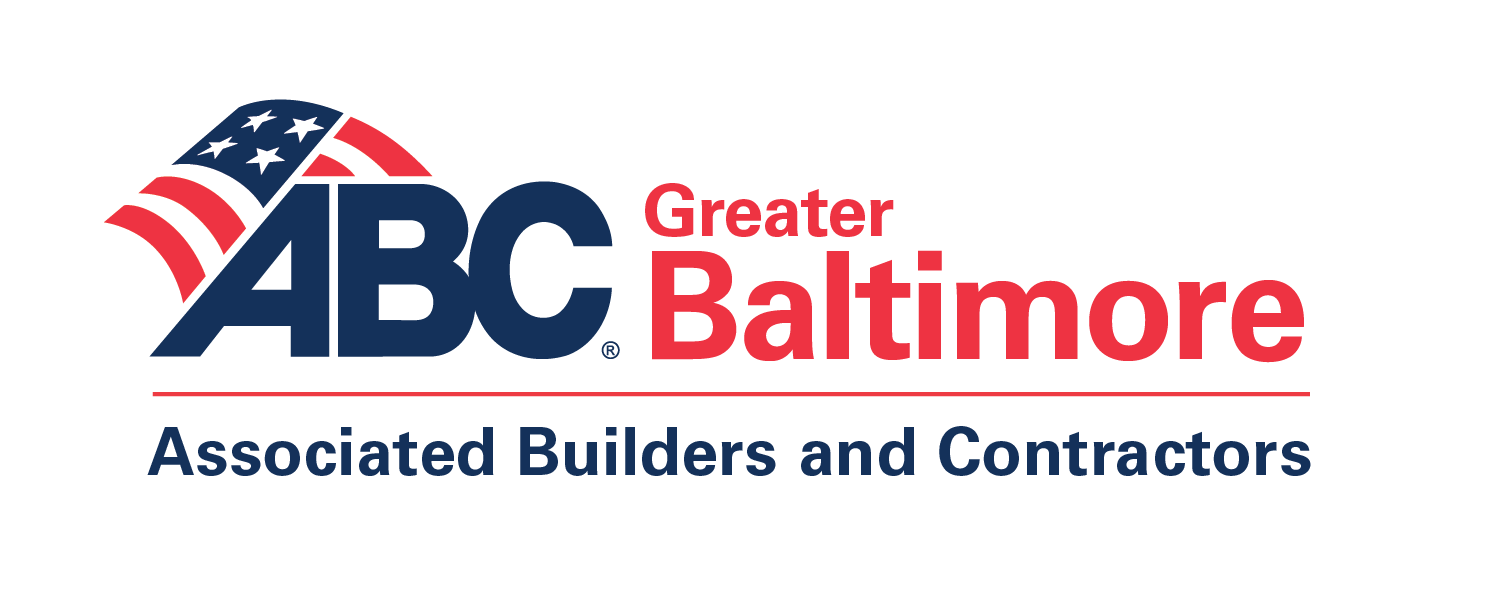Putting the “Charm” back into Charm City
Last week, the General Assembly passed a series of bills designed to help improve lives in low-income areas of the state. HB 686 and SB 559 are two larger bills, supported by Baltimore City legislators. Del. Peter Hammen, D-Baltimore City, and Sen. Bill Ferguson, specifically focused on demolishing and removing vacant and abandoned buildings throughout the city.
The legislation would establish a Strategic Demolition and Smart Growth Impact Fund that approves funding for grants and loans to assist predevelopment activities – such as demolition, to initiate revitalization projects in designated areas of the state. The Baltimore Sun states that Governor Hogan and Baltimore Mayor Rawlings-Blake have already committed to spend $94 million to demolish 4,000 homes over four years,
According to Seema D. Iyer, director of real estate and economic development at the University Of Baltimore Merrick School Of Business, a neighborhood stops growing after 4 percent of its homes are vacant or abandoned. In several Baltimore neighborhoods, more than 30 percent of homes are vacant, which many Baltimoreans see as a quality of life crisis.
In fact, this legislation couldn’t be any more urgent. Last week, an abandoned home collapsed on an East Baltimore resident while he was listening to music in his car. Four more houses were brought down by high winds. Many Baltimore residents have seen this blight as an issue for a long time and think the city should be preventing these disasters, not reacting to them.
According to the Baltimore Sun, more than 17,000 buildings are vacant and more than 500 of those are at risk of collapse. With such a high risk of collapse, these 500 properties are examined by city officials every 10 days.
This legislation has prompted conversation about hiring unemployed and under-employed city residents (such as ex-offenders) to work through non-profit programs in an effort to launch new demolition companies. Successful programs in Baltimore, such as Project JumpStart, see this as a great opportunity to get Baltimore City’s ex-offenders and unemployed out into the field making a difference in their community, while earning a living for themselves.
Senator Pugh states that she wants the “money to be inclusive to Baltimore.” Many city residents believe that with the physical growth of the city, should come community growth as well.
The benefits of this revitalization have precedence in other cities. In the past few years, Detroit undertook such demolition of its vacant and blighted properties. Subsequently, a study done by the Skillman Foundation and Rock Ventures found that each demolition in target areas increased the value of homes within 500 feet by 4.2 percent. Each occupied house increased in value by $3,600.
The merit shop construction industry supports this legislation for the win-win it provides to everyone in the community, from businesses to residents to workers. This legislation gives the city the opportunity to decrease crime, create affordable housing, alleviate the dangers of lead paint poisoning, and improve the lives and futures of Baltimore residents.
